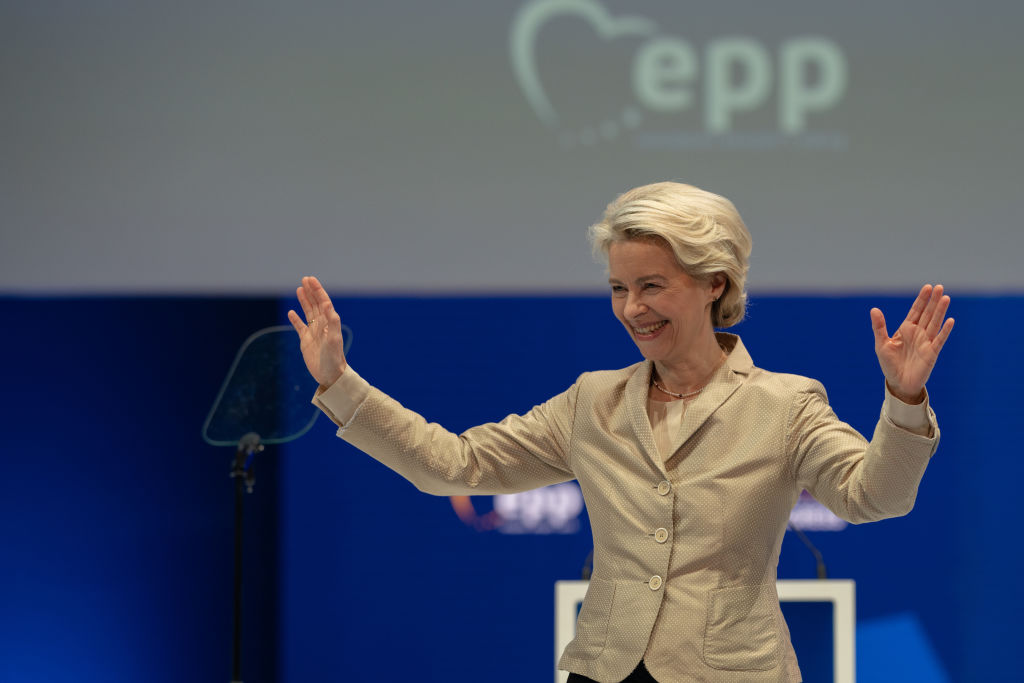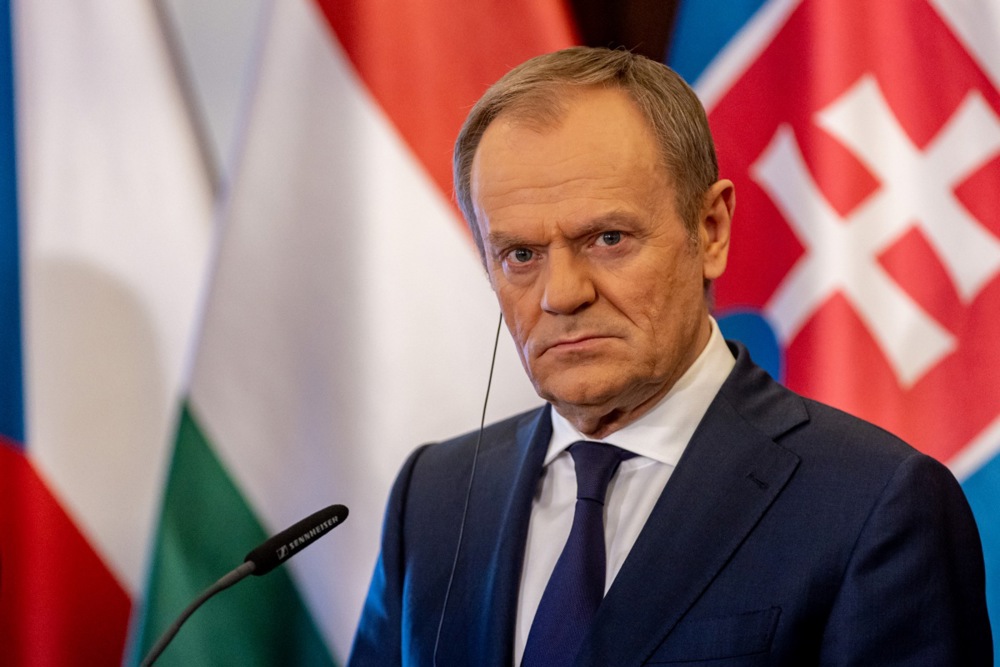The dissolution of the National Assembly announced by President Macron on June 9th, after the disastrous result of his party in the European election, is no accident. Emmanuel Macron devoted his master’s thesis in philosophy to the subject of Machiavelli.
The influence of the sly Machiavelli on Macron’s outlook started early. For years, Brigitte Trogneux’s husband thought that the young Emmanuel, who was still just a teenager, was merely friends with his wife.
One day he discovered this was not the case.
Again, former President François Hollande trusted Macron, his young Minister of Economy, because he had the privilege of holding such a prestigious office while never having been elected or having led any organisation. Hollande thought Macron would support him in the presidential election.
He was deceived, too. Two years later, the slippery Macron became President of the French Republic, after backstabbing and firing his former boss.
If there is one thing Emmanuel Macron knows how to do, if he has one fundamental skill, it is to conceal and deceive.
Therefore, it would be very naïve to think that such an important decision as this dissolution of the National Assembly has not been carefully considered, that it is not in Macron’s interest, or that he does not have a plan forward.
He has decided to get ahead and hand over the keys to the government to his adversaries for three years before the next presidential elections — for which he cannot be a candidate, but more of that in a moment — but not the keys to the state institutions.
This method has long been used by French leaders. There have already been what are called “cohabitations” in France, during which time the president of the republic and the prime minister were not from the same political party.
At the end of each of these, the prime minister and the president have faced off in a presidential election. Each time the president of the republic has won.
Why? Because on one hand, the president of the republic has almost no power when the parliament does not allow him to control his prime minister, and on the other hand, the French people like to vote systematically against those in power, no matter what they do.
A French president therefore knows how to use absence as a weapon to stay in power.
But there is something else that can serve him too: disorder. De Gaulle was long absent after World War II, and it was the inability of the Fourth Republic to manage the Algerian War that allowed him to return to power, imposing the constitution he dreamed of on France.
One cannot help but notice that Napoleon I and Napoleon III took power and then strengthened it under similar circumstances.
For example, during a time of troubles under Louis XIV, Cardinal Mazarin simply left the kingdom twice, letting the civil war develop, before returning to restore order when his adversaries were sufficiently weakened by the chaos reigning in the kingdom.
Here is what happens when there is no strong central power in France. It is enough to let the French fight among themselves and come back to a field of ruins. All the above-mentioned leaders had an interest in increasing the disorder. The most talented in this area was Mazarin. He went as far as using agents and corruption to multiply conflicts between his adversaries.
How could France sink into chaos during a government led by the National Rally?
It is very simple and it will start immediately. The government will immediately find itself in a disastrous situation. It will have to start governing at the time of the Olympic Games, which will start two weeks after the legislative election. It will be off to a rough start, with maximum national security in place because of the threat of terrorist attacks.
The inexperience of the National Rally and the fact that it knows nothing about the functioning of the institutions, which are built in the spirit of elitist men such as Macron, will mean that the government will be completely infiltrated by Macron’s sympathisers.
Traditional “leaks” of information from ministries to the press will be commonplace and will discredit the new ministers.
It should be noted that the National Rally has no experience in government and does not have competent staff to replace the establishment’s administration. It will be like a tenant.
This would be, for example, very different from the rise to power of Law and Justice in Poland, because that party had many supporters within the administration. A real guerrilla war will be waged against the new French government, from which it will not be able to escape.
Then, the new government will have to fight a legal war, the beginnings of which were seen during the last immigration law. Macron seemingly showed conciliation by accepting amendments from the National Rally, but the Constitutional Council members then torpedoed these amendments, judging them unconstitutional.
At this point, you may notice the resemblance of the situation to the Polish constitutional crisis and how the legal conflict could escalate in France. The National Rally will find itself paralyzed by the Constitutional Council and unable to implement the projects that the French expect from it.
Macronists will engage in all kinds of sabotage, for which they have the means, to give the French the impression that their country has ceased to function.
After three years, the National Rally will be exhausted by the incessant attacks from the Macronist deep state.
But what will Emmanuel Macron’s future be in all this? He has nothing to lose because he cannot serve a third term, and he has already implemented the reforms for which he was elected.
He will be able to place his President in three years and become prime minister again, like Vladimir Putin with Dmitry Medvedev. This is all the more probable as he has already expressed his frustration at the idea of not being able to serve a third term.
The French will not hold him responsible for the disorder, as he will have acted democratically by handing over power to his opponents. His supporters will not abandon him either, as his movement will obtain enough deputies to continue to exist.
The impending defeat will also allow him to eliminate cumbersome allies with whom he had to negotiate. As Machiavelli taught him, a leader does not give priority to what is moral or immoral.





Kaczyński leads Polish Right to catastrophic result